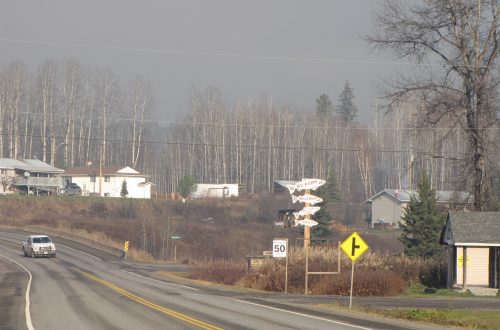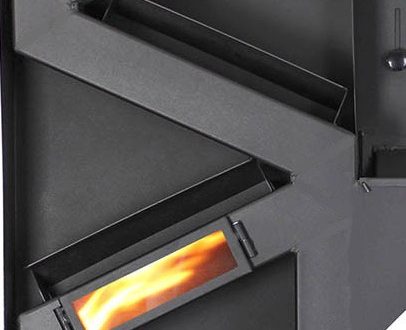
Grass Burning
Ahh yet another burning season is upon us. Now we are subject to prescribed burning and other open burning urges we all get! That’s right even I want to burn the brush my husband cuts down in the yard. I want to burn half rotten slabs, grass, clippings, bits and pieces of odd wood, paper and more.
But I’m trying not to. Instead I’m burning what I call good wood. My dry pine!
Why? Because it’s no good!
Burning yard waste releases a number of harmful substances that affect human health, including carbon monoxide, dioxins, ozone-forming chemicals, nitrogen oxide and particulate matter. Even more chemicals are released when burning yard waste is damp, as the waste burns slowly. Some people experience asthma attacks or other respiratory issues as a result of exposure to the smoke, which is particularly harmful for the elderly, the young, and people with conditions such as emphysema or bronchitis. In some cases, toxins remain in the human body for many years.
Soil and Water Pollution
Smoke rises and rainfall cleanses the air, washing smoke particles onto the ground where they are eventually filtered through the soil and into the water supply. The water enters rivers, lakes and wetlands, where it creates an unhealthy habitat for fish and other aquatic life. Polluted water may affect the drinking water and the food supply.
Wildfire Danger
Burning yard waste creates a risk of dangerous home and forest fires, as yard fires get out of control quickly and are difficult to contain.
Alternatives
Compost this stuff, create a permaculture garden it’s all great just buried or thrown in a hole. Keep the carbon in the debris.
While researching this I found the following links:
burning anecdotes
why we burn traditionally
Anyone lighting a Category 3 fire must first obtain a burn registration number by calling 1 888 797-1717. These numbers are logged into the Open Fire Tracking System (OFTS) along with details about the registered burn.




